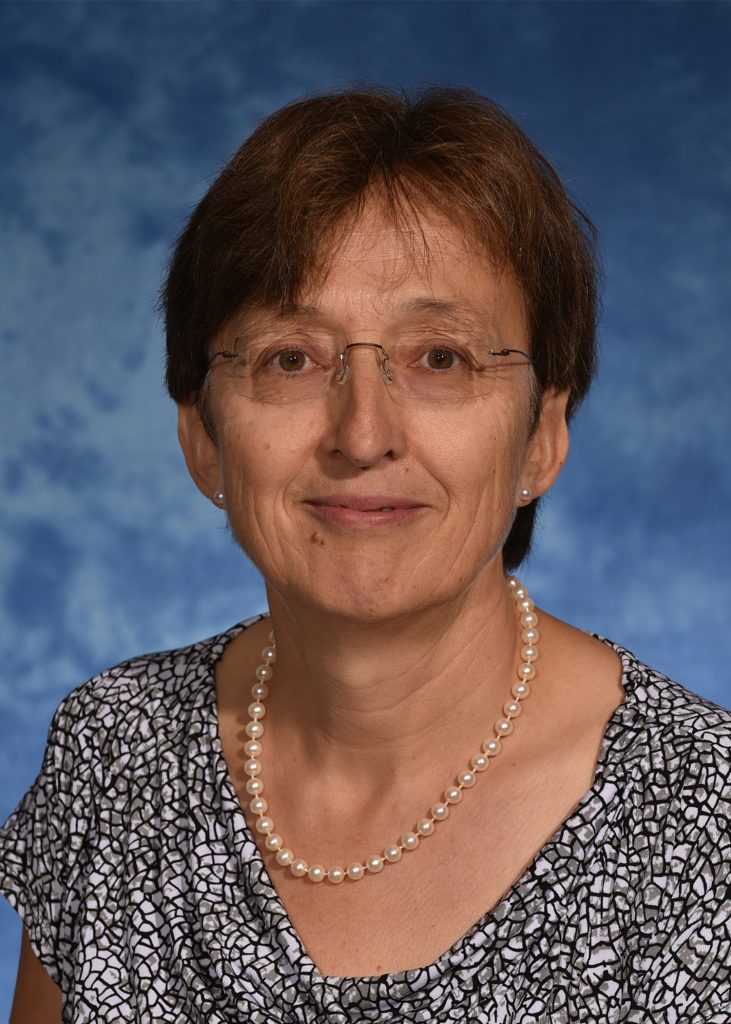UT Classics Going Strong

It has been another great year for classics in Vol Country. We were able to hire a new medieval Latinist and digital manuscript scholar, Charles Kuper, who also brings considerable expertise in Byzantine Greek, thus further enriching our program and the language offerings of the Marco Institute for Medieval and Renaissance Studies. We were sad to lose award-winning Distinguished Lecturer Theo Kopestonsky, but happy for her that she took a tenure-track position at Wabash College. In Theo’s place, we hired Nikola Golubović (PhD, University of Pennsylvania), a specialist in Roman rhetoric and a linguist who speaks or reads no fewer than 13 languages. With the addition of these two energetic new colleagues, our faculty is back to its original strength.
As the number of undergraduate students at UT keeps expanding, more students are drawn to our department. Last year, our number of majors increased by 16 percent, and our minors by a whopping 35 percent. We now have a record 40 majors and 40 minors.
Much credit for this must go to our faculty’s many outreach and recruitment efforts, from Latin Day and Archaeology Day to a variety of high school and on-campus recruitment fairs. Many kudos also must go to the excellent teaching by our faculty, and to their initiatives in creating new courses that introduce students to ever more fascinating aspects of the ancient Greek and Roman world. For example, Tristan Barnes is teaching a new Ancient Astronomy course, using UT’s planetarium to simulate the skies visible to the ancients thousands of years ago. He and his wife, Reema Habib, also have designed a new study abroad course on Roman Britain, set to launch this May.
Our high-quality training is reflected in our students’ excellent results on national Latin exams, their ability to garner national awards, their presentations at professional conferences, and their successes in graduate school and the workplace. We are very happy to see that more of our students are choosing the highly rewarding career path of high school Latin teaching, as there is a chronic shortage of such teachers in Tennessee. As we know, learning Latin is super “brain candy” for high school students.
We remain keen to stimulate research among our students. Our nationally acclaimed Tennessee Undergraduate Classics Research Conference last year drew a record number of participants. We also enjoyed a variety of stimulating lectures by visiting and on-campus speakers on a variety of topics in classics and archaeology.
At the end of August, we said goodbye to our good friend and business manager Ann Robinson-Craig, who decided to join husband Chris in retirement. We will miss her greatly, but will always be grateful for all she has done for us. One of her legacies is to leave us an excellent administrative team, and a fund that supports high-school Latin teacher training.
Thank you for reading this newsletter, and do stay in touch!
Valē/Χαῖρε!
Aleydis Van de Moortel
Professor and Head